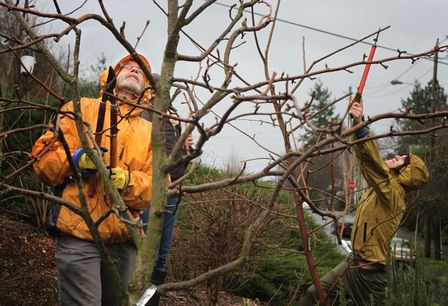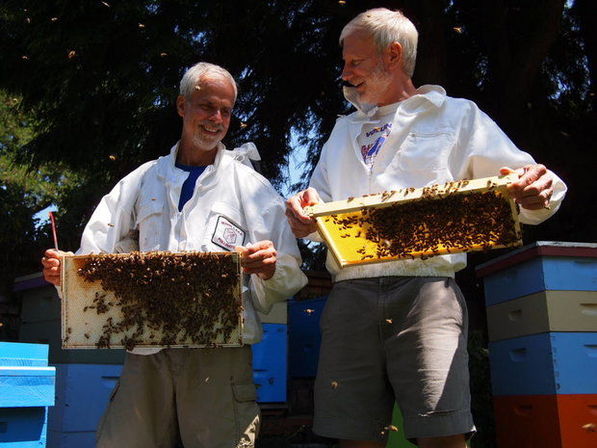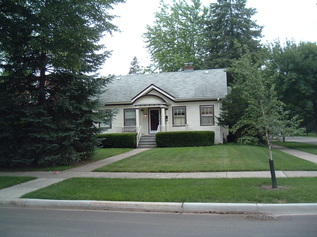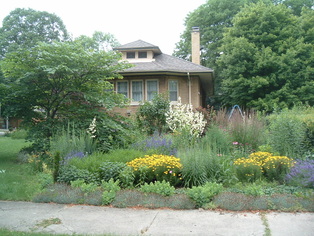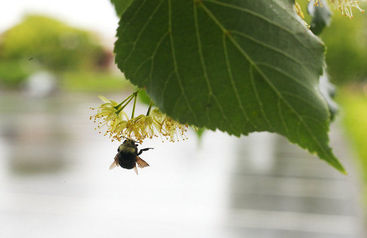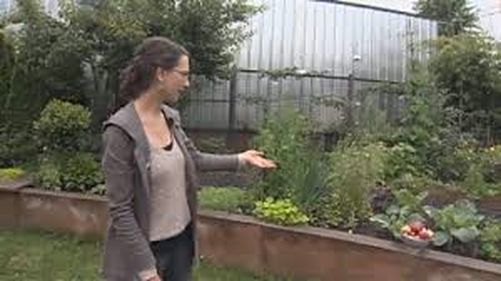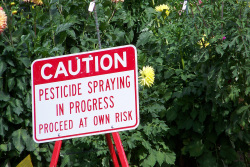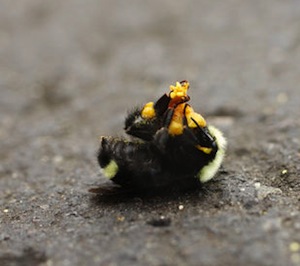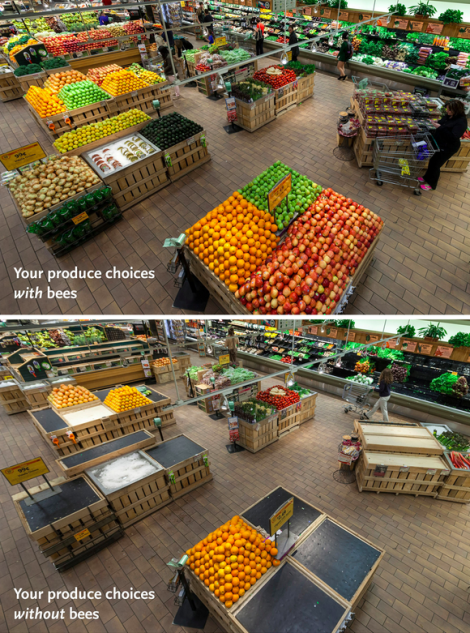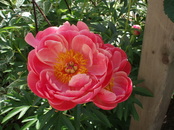|
The Portland Tribune interviewed several Sabin residents to understand why planting bee-friendly flowers is so important. Read all about it here.
0 Comments
Sabin resident Tim Wessels made front page news in an article about his efforts, with business partner Glen Andresen, to breed queen bees that can survive Oregon winters.
From Adrian Ayres Fisher for Resilience.org:
What I would like to see is yards, blocks and neighborhoods where people choose to make at least part of their property into pollinator-friendly habitat. Every neighborhood should have (and probably already does have) a resident expert or several--folks with good ecological understanding who could help others learn how to garden in a way that is ecologically beneficial, as all gardening should be. Even though so many people have access to land (and even container gardens count as land), many, understandably, don’t have a deep knowledge of how to garden in an ecological fashion, or along the lines of reconciliation ecology. This could be a topic at block parties, community garden events, neighborhood association meetings and transition gatherings. A neighbor and I will be speaking and passing out plant lists at our block party later this month. It is up to us, all of us who have small patches of land stuck together in blocks and neighborhoods, who talk to our neighbors, who putter around in our yards. We can grow flowers (especially natives), put in spring-blooming shrubs and trees (preferably native), create clover lawns, make sure our vegetable gardens include flower beds, leave some ground undisturbed and resolve not to use insecticides. We can request our city governments and state legislatures to ban at least cosmetic use of neonicotinoids, as the state of Oregon did after 50,000 bumble bees died this spring. Much education--and action--is needed. City dwellers unite! Go forth and plant flowers!
Mulysa Melco is asking residents in her neighborhood to take Metro's Healthy Lawn and Garden pledge.
Xerces Society Executive Director Scott Black told Grist that, in the wake of the Wilsonville bumblebee massacre, activists will send letters to local and state agriculture departments across the country, urging them to end the use of neonicotinoid insecticides on trees, lawns, and for other cosmetic purposes on lands that they manage.
“In urban areas, most of the pesticides used are purely cosmetic. It’s to have a perfect lawn. It’s to have a perfect rose. It’s to have a linden tree that doesn’t have aphids that drop honey dew,” Black said. “Losing valuable pollinators, such as bees, far outweighs the benefits of having well-manicured trees and lawns.” For people who want to help bumblebees and other pollinators, visit the Xerces website.
Portland-based Xerces Society partners with Whole Foods to raise awareness about the importance of bees and other pollinators to our food system. To demonstrate this dependency, the University Heights (Ohio) Whole Foods Market temporarily removed all produce that comes from plants that need pollinators. They pulled from shelves 237 of 453 products – 52 percent of the department’s normal product mix...
|
RESOURCESwebsitesfilmsbooksmore |
